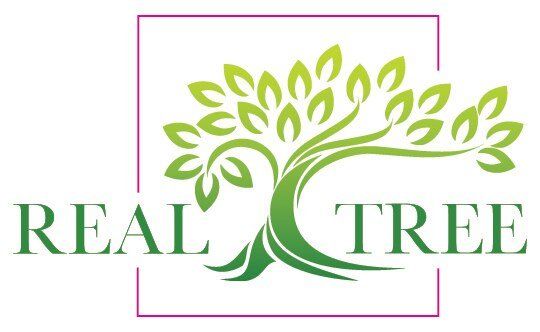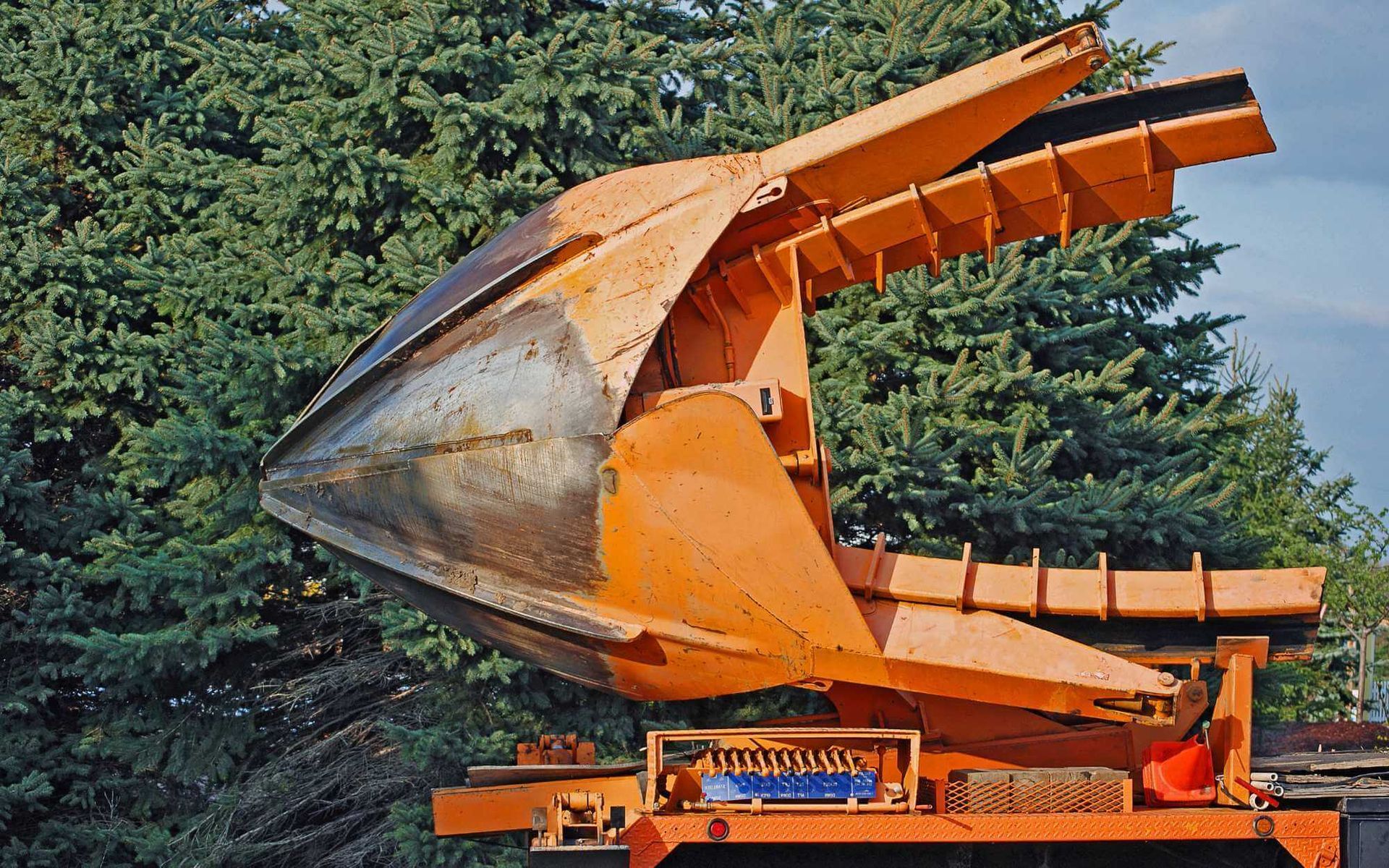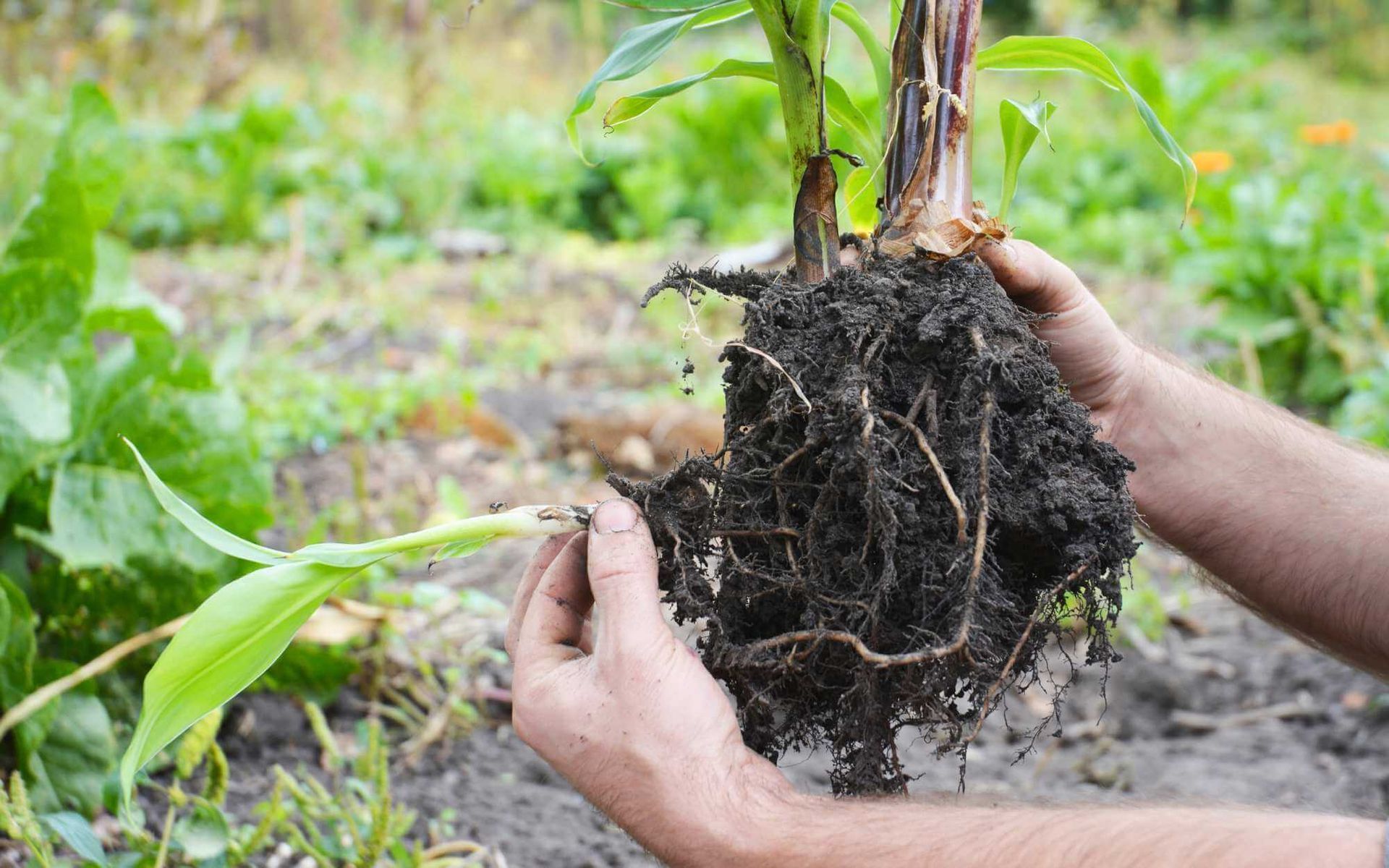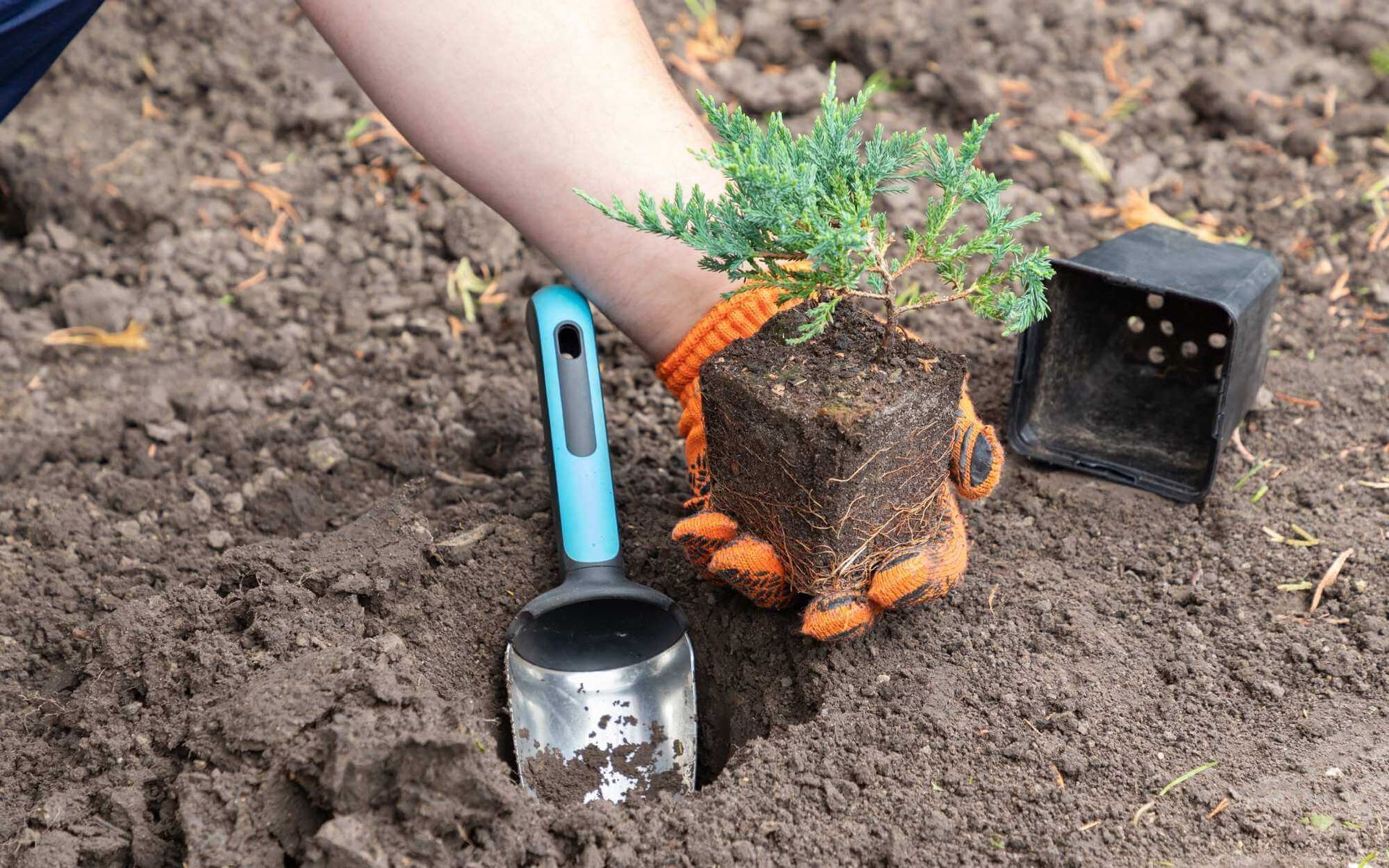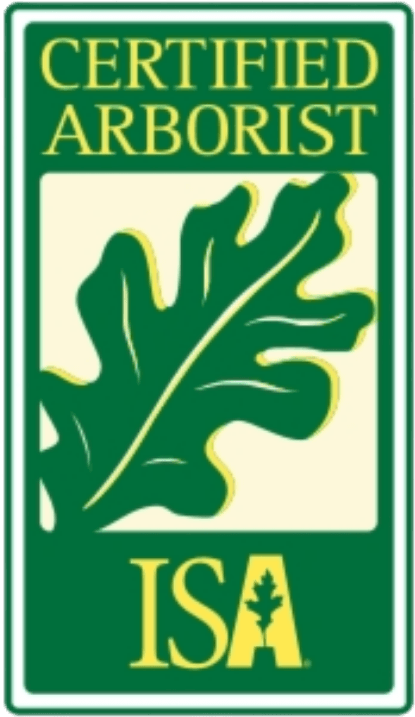Sustainable Gardening: How Mulching Improves Soil Moisture
PUBLISHED ON
SHARE THIS ARTICLE
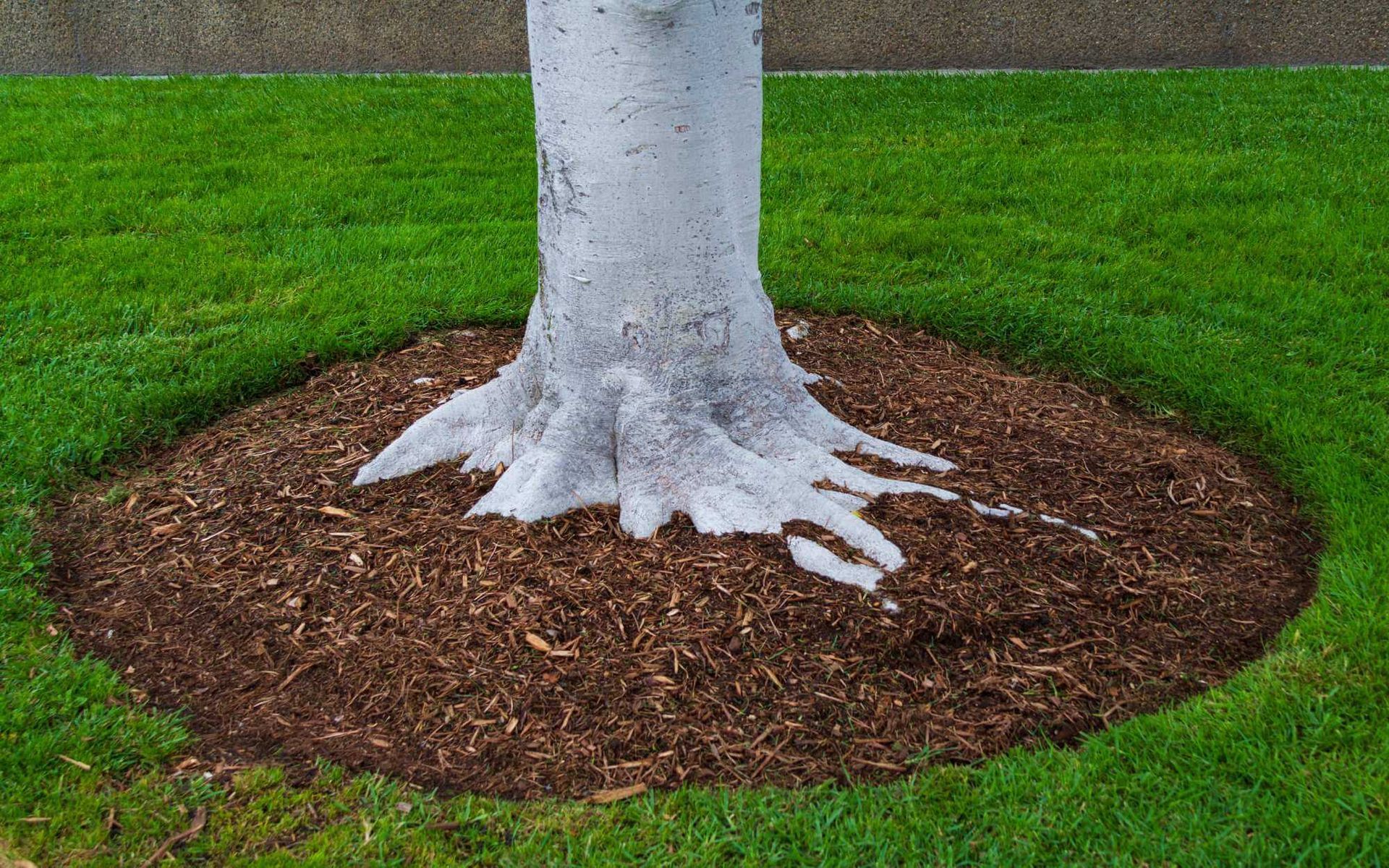
In the era of climate change, sustainable gardening emerges as a crucial practice that not only adds aesthetic value to your surroundings but also contributes significantly to the well-being of our planet. One of the key techniques in sustainable gardening is 'mulching.'
Mulching is more than just a cosmetic enhancement; it’s pivotal in improving soil moisture levels, among other benefits. This practice reduces water evaporation, maintains soil temperature, and enriches the soil with organic matter.
As garden enthusiasts, by embracing mulching, we make a step towards sustainable gardening and, in the broader sense, a more sustainable world. This blog will explore the
ins and outs of mulching and its contribution to soil moisture preservation. Let's dig in!
Types of Mulch for Soil Moisture Improvement
Let's break down the different types of mulch and their impact on soil water retention.
Organic Mulch
Organic mulches are derived from natural sources such as bark, wood chips, grass clippings, compost, straw, and shredded leaves. These materials have high water-holding capacity and can absorb excess moisture from the ground when it's wet while also helping to retain moisture in the soil during dry periods.
Moreover, organic mulches gradually decompose and break down into the soil, adding valuable nutrients that improve its structure and fertility. As a result, they enhance soil moisture retention in the long run.
Inorganic Mulch
Inorganic mulches are made from synthetic materials such as plastic (straw mulch), rubber, or gravel. While it may not add any nutrients to the soil properties, this protective layer of mulch minimizes water loss from evaporation. They are particularly useful in hot and dry climates where water conservation is crucial.
How Mulching Improves Soil Moisture
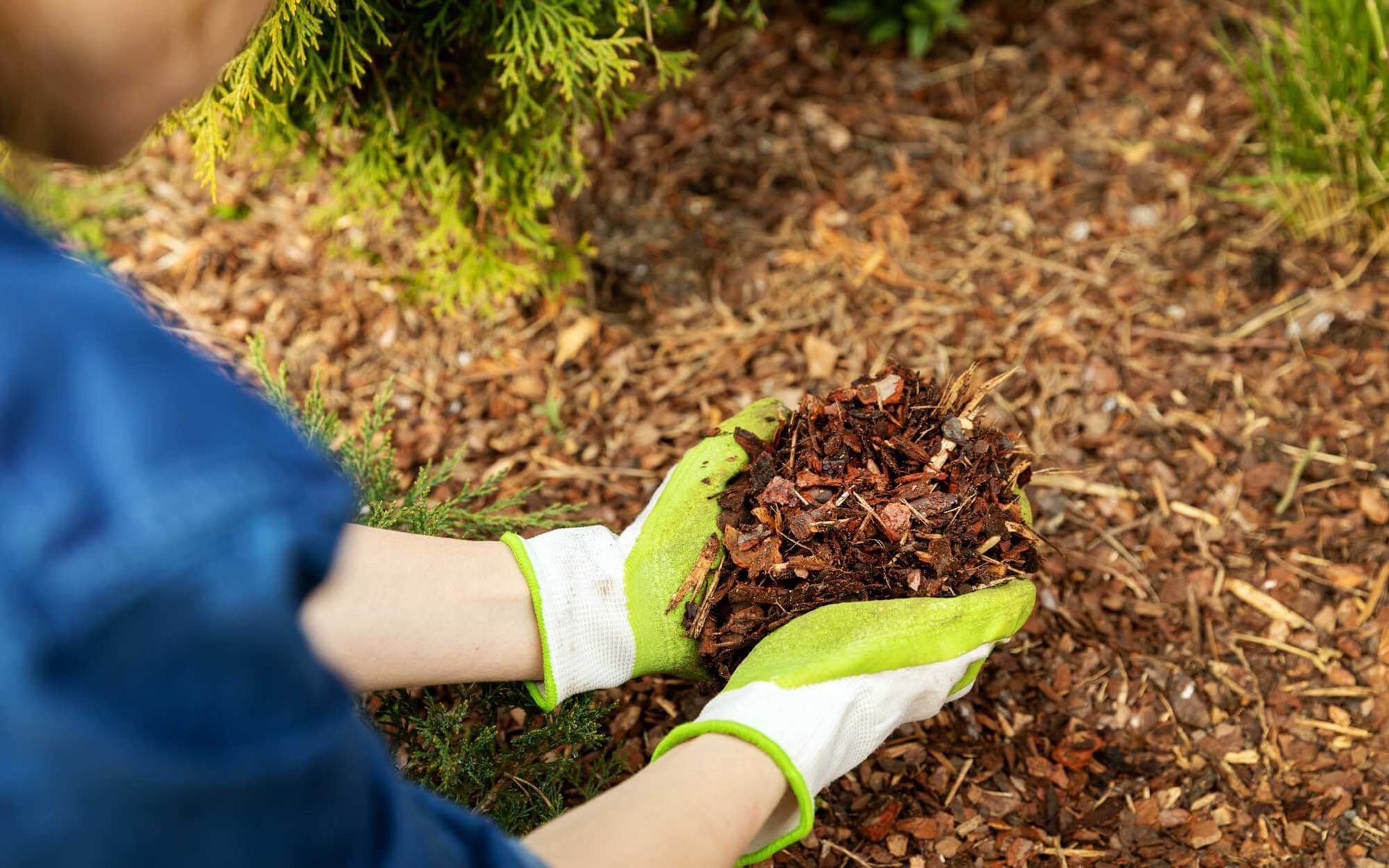
Now that we have a better understanding of the types of mulches let's dive into how mulching contributes to soil moisture preservation.
Reduces Water Evaporation
Mulch on soil acts as a protective layer over the soil surface, preventing direct exposure to sunlight. This reduces water evaporation from the soil's surface and helps maintain moisture levels. A study by Colorado State University found that mulched soils lost 50% less water than bare soils.
Maintains Soil Temperature
Mulch also plays a vital role in maintaining soil temperature. It acts as insulation, keeping the soil cooler during hot summer months and warmer during colder seasons. This helps to create a stable environment for plants, which is especially beneficial for shallow-rooted plants that are easily affected by extreme temperatures.
Enriches Soil with Organic Matter
As mentioned earlier, organic mulches gradually decompose and enrich the soil with valuable nutrients. This improves the soil structure, making it more porous and allowing for better water infiltration and retention. In addition, organic matter acts as a sponge, absorbing excess moisture during wet periods and releasing it during dry spells.
Tips for Mulching Success
To ensure that mulching effectively contributes to soil moisture preservation, here are some tips to keep in mind:
- Choose the right type of mulch for your specific climate and soil type.
- Apply mulch that is at least 2-3 inches thick to maximize moisture retention.
- Leave some space around the base of plants to prevent rotting or disease.
- Reapply mulch annually as it decomposes over time.
By incorporating mulching into our gardening practices, we can not only increase soil moisture levels but also conserve water and contribute to a more sustainable environment.
Grab your shovels and let's get mulching!
Mulching is a cornerstone of sustainable gardening, bolstering soil moisture content preservation significantly. It curbs water evaporation, regulates soil temperature, and enhances the soil with organic matter, improving water retention.
Whether you choose organic or inorganic mulch, implementing this practice will result in healthier plants and a more sustainable environment. Let's do our part to conserve water and cultivate a greener planet!
Still unsure about which mulch type is best for your garden?
Our
team of certified arborists is just a call away! Reach out to us for personalized advice and optimal gardening results. Let's make our world greener, one garden at a time!
Want a free quote or some friendly advice? Call our team today:

